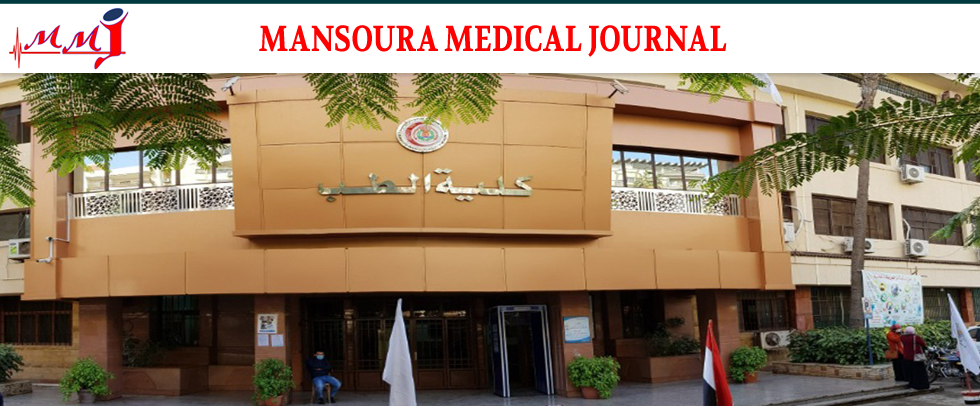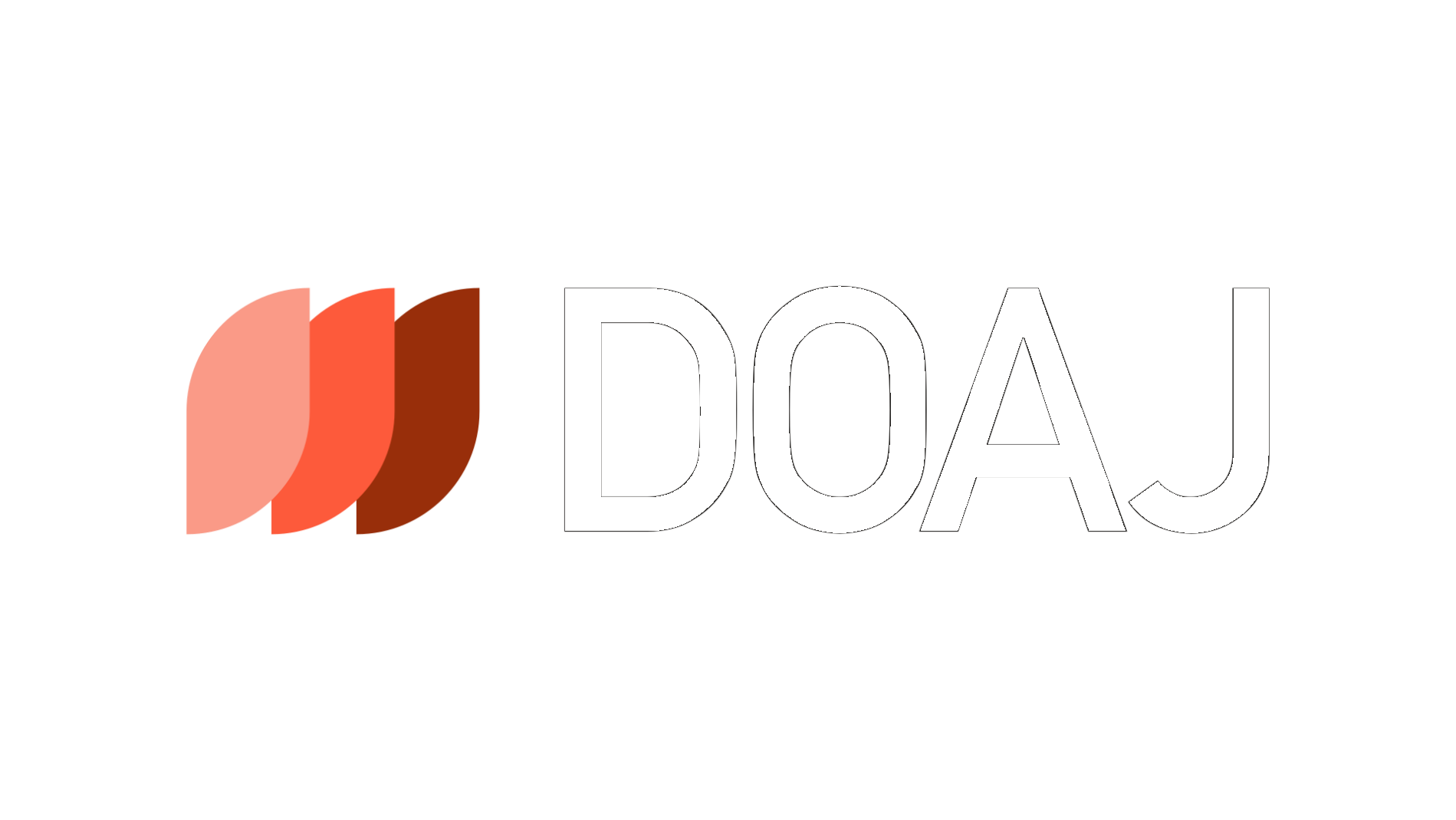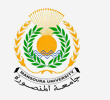Article Type
Original Study
Abstract
Muscle injuries are very common in sports and trauma. The need for a quick and more complete recovery of the muscle after injury directs the attention towards growth factors, which are hormone-like biologically active polypeptides that control cell growth and differentiation. It was observed that nerve growth factor (NGF) is a potent stimulator of myoblast proliferation and fusion in vitro, thus, it was anticipated that NGF could enhance muscle healing in vivo. Six adult albino rats were used in this study. Both right and left gastrocnemius muscles of the albino rats were cut at 60% of their length from their distal insertion, through 75% of their width and 50% of their thickness, and then sutured with simple sutures using absorbable catgut sutures. The right gastrocnemi- us muscles of all the albino rats were injected directly into the lesion with 100 ng/ml of NGF at one, three, and five days after laceration. The contra-lateral (left) muscles were injected with the same volume of physiological normal saline and were used as a control. At one week after the injury the animals were sacrificed and the gastrocnemius muscles were removed and processed for paraffin sectioning and stained with Hematox-ylin and Eosin, Bcl-2 and P53 immune peroxidase stains. It was observed that NGF enhanced muscle regeneration in vivo compared to the controt. It stimulated satellite cells to proliferate either directly or through enhancing the inflammatory cell response e.g. macrophages. Inflammatory cells were found to survive more and express death-inhibiting protein Bcl-2
Recommended Citation
Bedir, Raouf; Saleh, Dalia; Elshahat, Mona; and El-Hawary, Adel
(2005)
"NERVE GROWTH FACTOR IMPROVES MUSCLE HEALING FOLLOWING MECHANICAL INJURY,"
Mansoura Medical Journal: Vol. 34
:
Iss.
1
, Article 9.
Available at:
https://doi.org/10.21608/mjmu.2005.127766
Creative Commons License

This work is licensed under a Creative Commons Attribution 4.0 International License.



